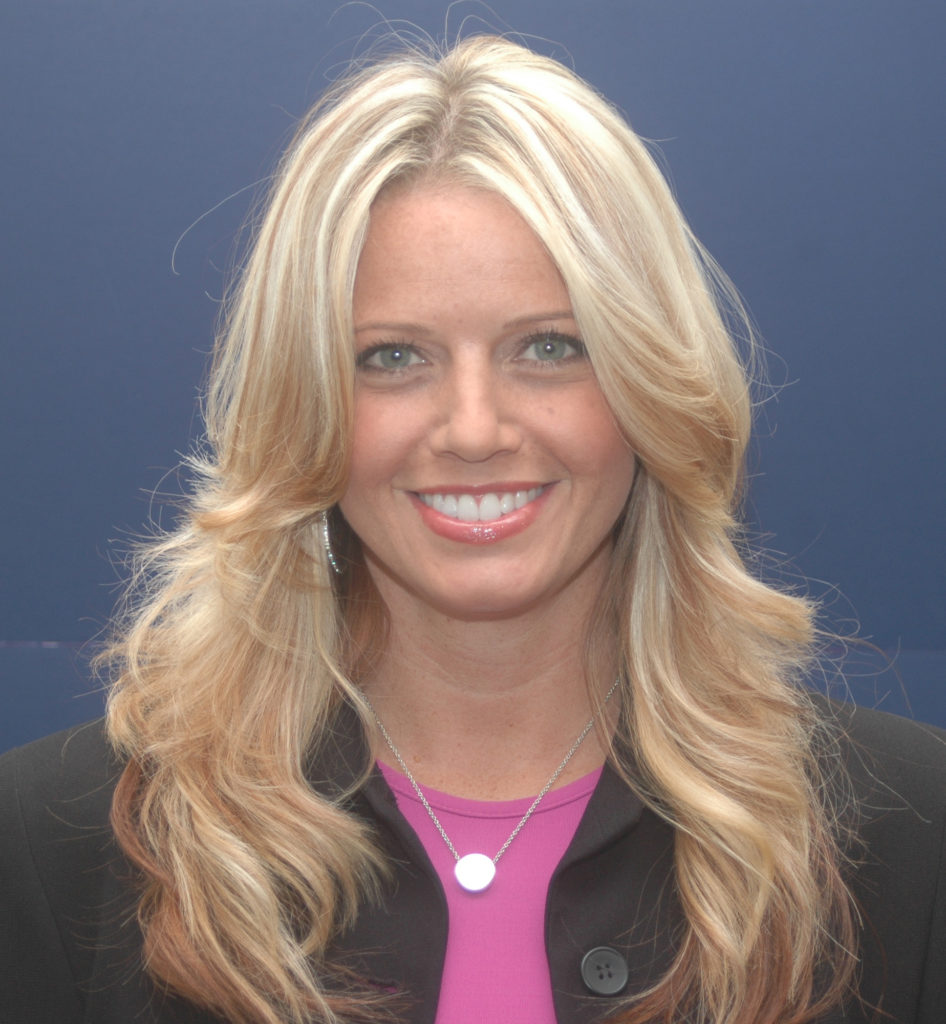From Forensic Chemist to Program Manager: A Successful Career in the DEA

 “April is a student who worked full time at DPT Laboratories [in] San Antonio while also [being] a full-time student at the Health Science Center. She managed her time incredibly well and successfully completed the program on schedule. We are so proud of her achievements and wish her continued success.”
“April is a student who worked full time at DPT Laboratories [in] San Antonio while also [being] a full-time student at the Health Science Center. She managed her time incredibly well and successfully completed the program on schedule. We are so proud of her achievements and wish her continued success.”
– Dr. George Kudolo, Distinguished Teaching Professor, and Graduate Program Director
April Taylor graduated from the UT Health Science Center’s Graduate School of Biomedical Sciences with a Master of Science in Toxicology in 2003. The program’s emphasis on academic expertise as well as practical experience laid the foundation for April’s future career. “The combination of courses I completed greatly prepared me for all the positions that I have held, but more importantly the program taught me how to multi-task and organize my projects to meet deadlines,” said April. Additionally, April cites that the basic skills she learned in graduate school, while working a full-time job, has been as helpful as her educational background in her position as a forensic chemist and program manager.
April’s journey to the Drug Enforcement Administration (DEA) lays testament to the importance of networking and professional mentorship. “One of my graduate school classmates started working for the DEA’s South Central Laboratory in Dallas, TX, about one year before I was going to graduate, and she suggested I apply for a DEA forensic chemist job. I took her advice along with [the advice of] my graduate professor, Dr. George Kudolo, and I have now been with the DEA for ten years.”
Her career with the DEA began in August 2004 as a forensic chemist working in the South Central Laboratory in Dallas, TX. Her ambition and determination led her to Vista, CA in August 2008 where she worked as a supervisory forensic chemist in the Southwest Laboratory. “My career progressed even further in August 2012, and now I work for our headquarters office in Arlington, VA, as a program manager,” said April.
“As a program manager, I am responsible for representing the Office of Forensic Sciences in meetings, on panels, and committees for all personnel actions in this office and the nine field laboratories,” April said. Her duties extend exponentially to include administrative obligations, such as reassignments, promotions, and the revision and enforcement of laboratory policies and procedures as well as oversight obligations that include inspections and evidence inventories.
April’s success within the DEA has helped her to realize the value of taking advantage of every opportunity, no matter how small it may appear. “I would encourage graduate students to network with people in their field of interest and to not discount any options available. You have to start somewhere, so do not let salary or location discourage you from accepting a job.” In order to be a DEA forensic chemist, April had to leave her family and friends as well as a take a pay cut; however, this so-called “risky” decision paid off in the end. “[N]ow I am happier than ever and could not imagine what my life would be if I had not seized the opportunity to work for such a mission dedicated law enforcement agency.”
